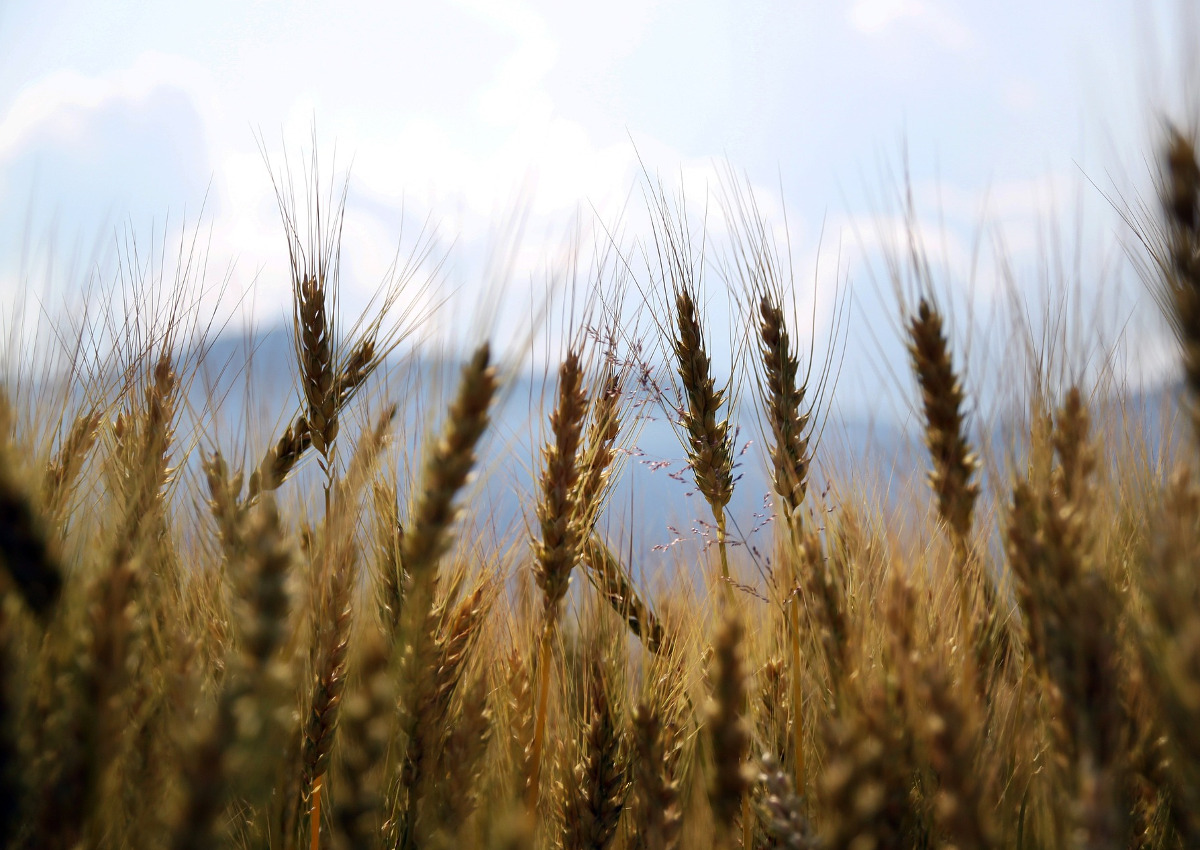
Agricultural Assisted Evolution Techniques (AETs) are radically different from GMOs and need ad hoc legislation. This is the request that Italy’s agribusiness supply chain – from agriculture to industry players – is making to European institutions. They will be asked to give an opinion in June when the EU Commission plans to present draft legislation in relation to Assisted Evolution Techniques. These biology techniques, developed in the last 10 years, allow the DNA of plants to be corrected, and thus to select specific traits useful for agriculture, that would be difficult to obtain by other methods.
THE DIFFERENCE FROM GMOS
The main difference from transgenic GMOs is that plants obtained from AETs do not contain DNA from other organisms. The genetic makeup used is solely that of the plants themselves. Assisted Evolution Techniques do nothing more than replicate processes that might occur in nature, whereas in the case of transgenic GMOs, the transition can also occur between different species, e.i. between bacteria and plants. GMOs are also very expensive to obtain, take a long time (both in research and validation), and do not ensure a level of accuracy comparable to that of AETs.
On this basis, representatives of Italian food production, research, and institutions met to promote a public-private system of genetic improvement based on the most advanced genomic technologies. The strategic goal is to adapt Italian agribusiness to the future and maintain the sustainability and competitiveness of the F&B sector.
SUSTAINABILITY AND PRODUCTIVITY
The position paper entitled “New genomic techniques genome editing and cisgenesis” presented during the meeting, illustrates the potential of AETs in Italian agriculture, recently challenged by the effects of climate change and the need to improve resistance to drought and extreme weather events while ensuring higher quality and productivity. All this should be done in line with the goals of the European Green Deal, the Farm To Fork, and Biodiversity strategies.
RESEARCH ON AET IN ITALY
In recent years, the Italian scientific system has developed advanced knowledge in the area of AET with respect to the most important Italian agricultural species: wheat, rice, tomato, grapevine, apple, citrus, etc. This work has led to the selection of plants from time to time resistant to diseases, and biotic stresses, and with better quality characteristics and higher production potential. However, everything has so far remained confined to laboratories.
The plants already selected with Assisted Evolution Techniques and those that will be selected in the coming years are a significant opportunity for Italian agriculture, provided there is the possibility of testing them directly in the field. Just think of the losses caused by drought.
